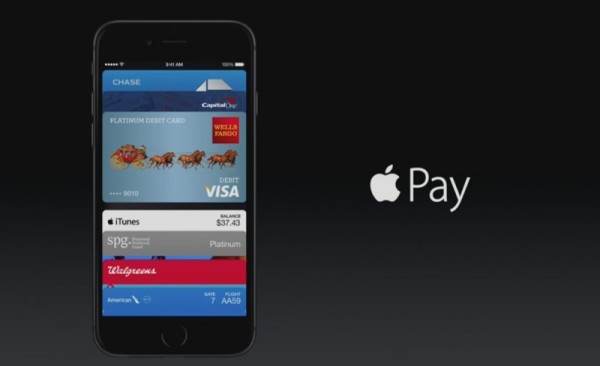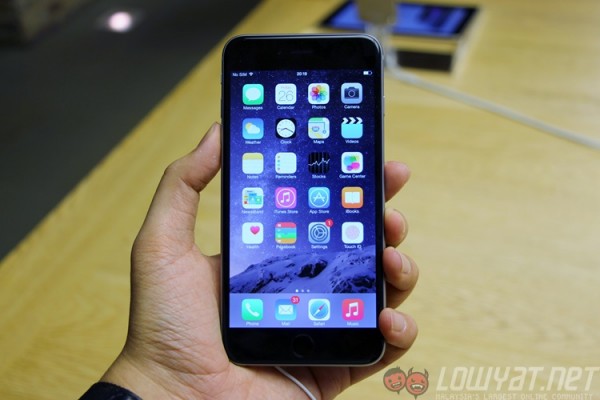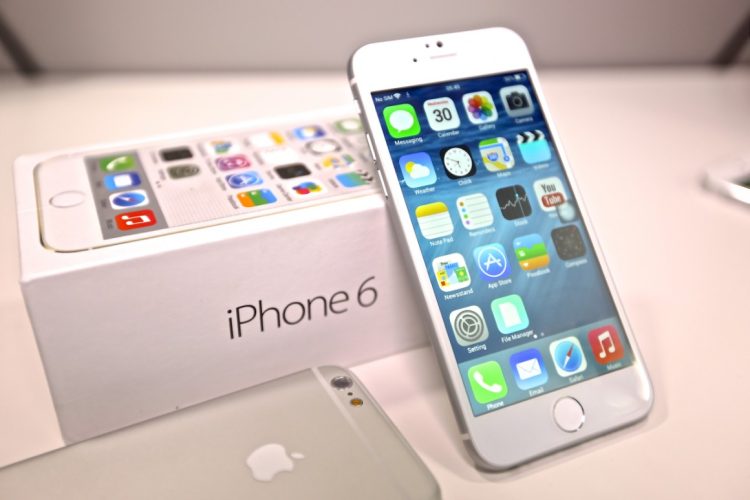
Apple’s new digital wallet system has hit some problems with rolling out to the public. Several large retail chains in America have begun to block the service from their counters, severely limiting the reach of what Apple hoped would revolutionise payment systems. The issue appears to be a consortium of retailers co-operating with a merchant service (one that enables credit card payments) to build their own digital wallet service.
The most recent chains to block Apply Pay have been pharmaceutical companies Rite Aid and CVS. These two join Wal-Mart, Best Buy, Target, Darden Restaurants, and Sears. Which essentially prevents the system from being used at most major supermarkets across America.

Merchant Customer Exchange, the merchant service behind the blocks, has been apparently developing a rival system known as CurrentC. Unlike Apple Pay, CurrentC does not take advantage of NFC technology; instead, it requires both customers and sales representatives to scan a QR code to confirm the transaction. It also asks customers to link accounts other than credit cards for the purpose of paying, which would allow the retailers to avoid additional credit card charges that come from the likes of Visa and Mastercard.
Google Wallet has also similarly been a casualty of the work on the new system, and no longer works at either Rite Aid or CVS despite being operational last week. It looks like a small war over the future of virtual payments is brewing in the United States. While Apple and Google are more than happy to claim that their e-payment systems are doing just fine, they cannot be happy with recent events.
[Source: Ars Technica]


